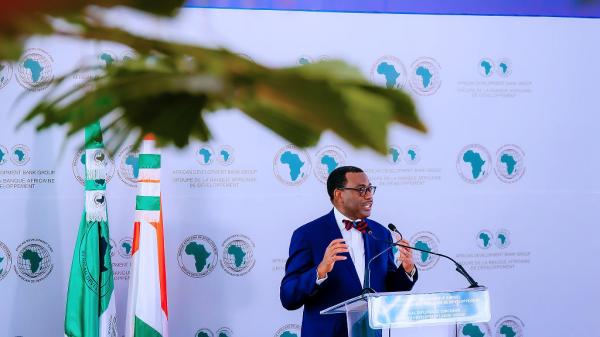
The African Development Bank (AfDB) has pledged its support to Nigeria’s agricultural sector with a whopping $134 million investment aimed at enhancing food production.
The President of AfDB, Akinwumi Adesina, unveiled this commitment during his visit to the Centre for Dryland Agriculture (CDA) at Bayero University, Kano, on Saturday.
Adesina outlined the bank’s plans, stating, “We will support Nigeria in cultivating 300,000 hectares of rice and maize, 150,000 hectares of cassava, and 50,000 hectares of soybeans during the 2024 planting season.”
He emphasised the importance of adapting to climate change and promoting the cultivation of dry land crops that are resilient and tolerant.
Highlighting the immediate initiatives, Adesina announced, “This March, the AfDB is supporting Nigeria to cultivate 118,000 hectares of heat-tolerant varieties of wheat and another 150,000 hectares of maize.”
He stressed the significance of providing timely and relevant information to farmers, especially in the face of climate change challenges.
Moreover, Adesina underscored the bank’s commitment to fostering technological advancements in agriculture, stating, “We will collaborate with the Centre for Dryland Agriculture to enhance its capabilities in weather prediction and data collection, thus empowering farmers to plan effectively.”
Furthermore, the AfDB President lauded the efforts of Bayero University’s Vice-Chancellor, Sagir Adamu-Abbas; and the Director of CDA, Jibrin Mohammed-Jibrin, in supporting farmers with access to technology amidst climate change adversities.
In response, Mohammed-Jibrin affirmed the CDA’s dedication to research and teaching in development initiatives, particularly focusing on dry land agriculture.
The AfDB’s substantial investment coupled with its emphasis on technology and climate-resilient crops signifies a significant step towards enhancing Nigeria’s agricultural productivity, thereby ensuring food security and economic development in the region.






















